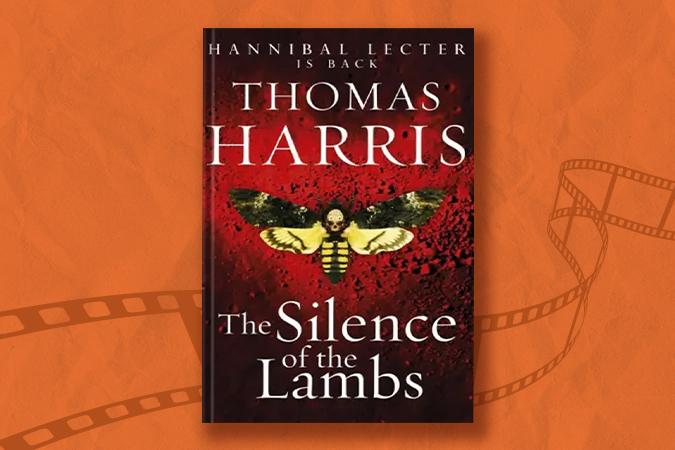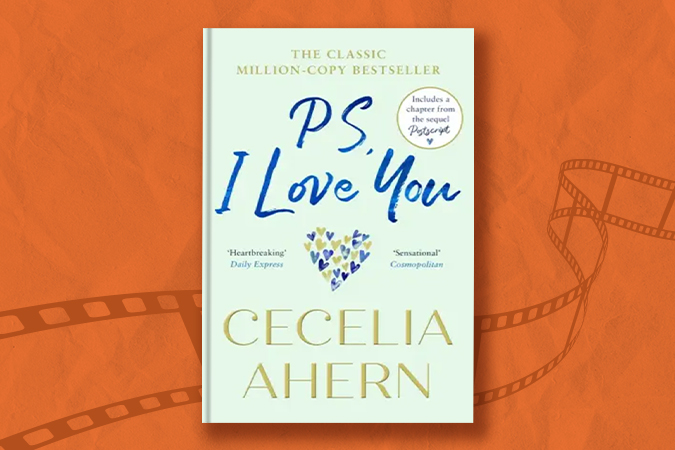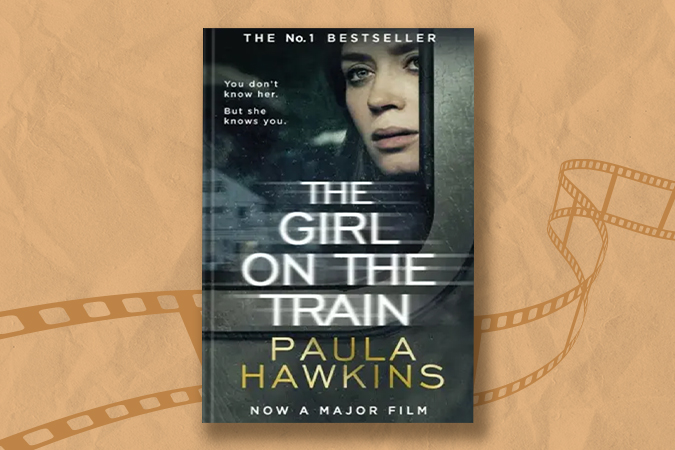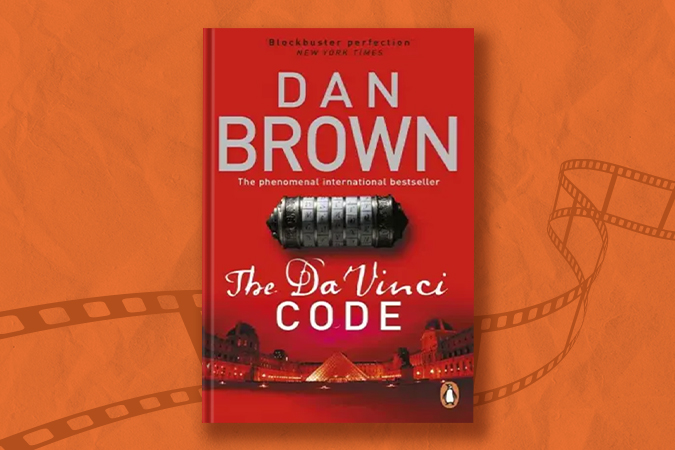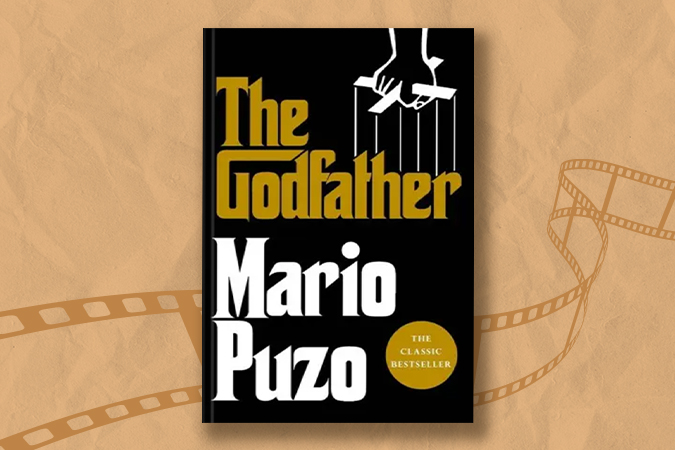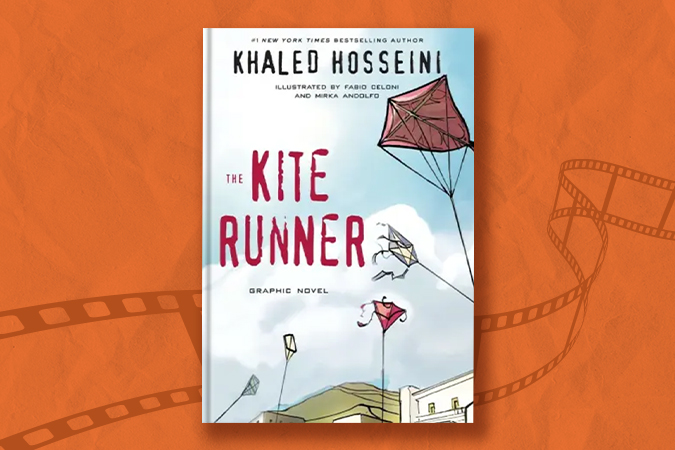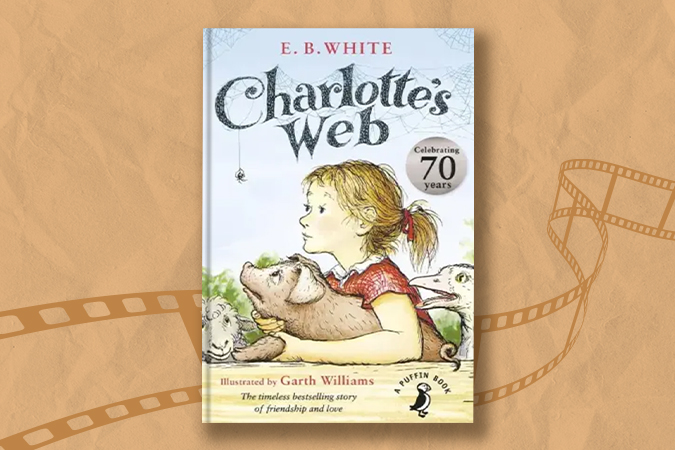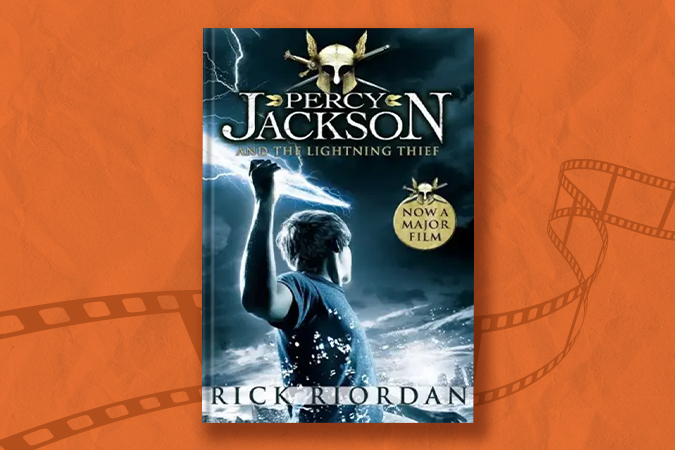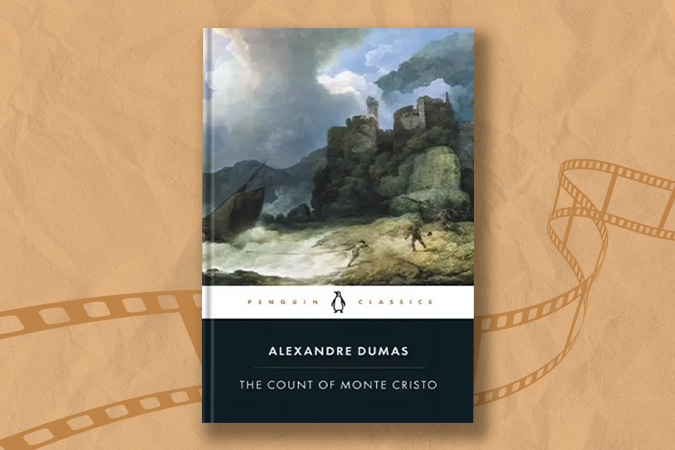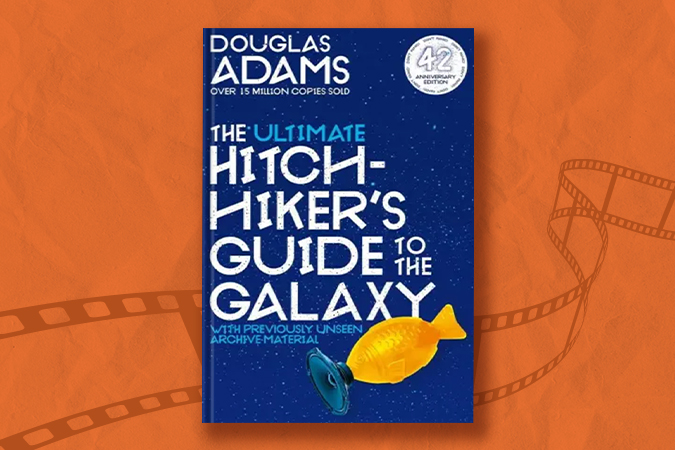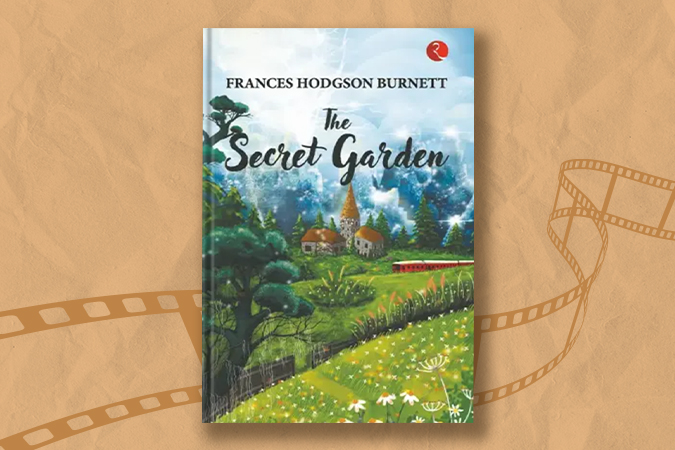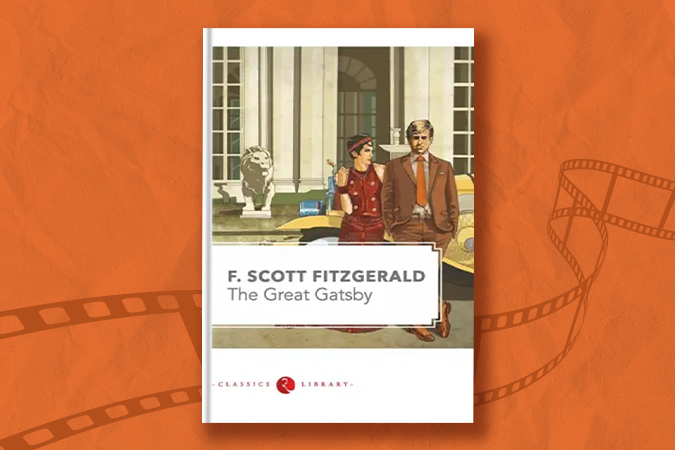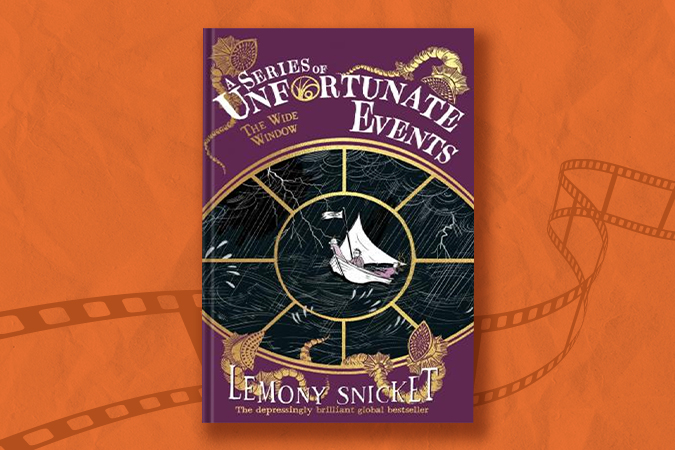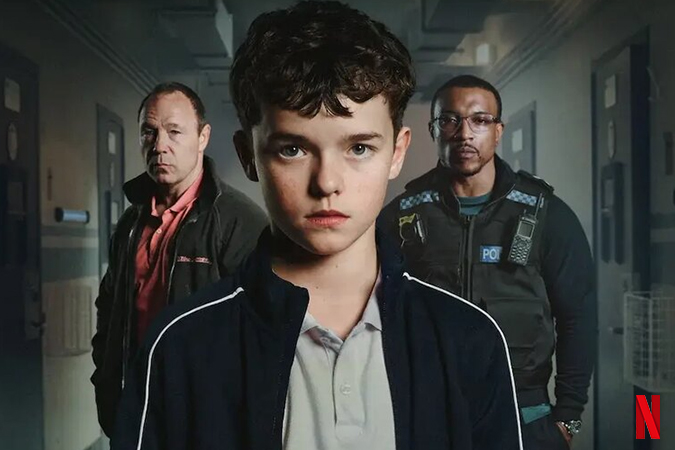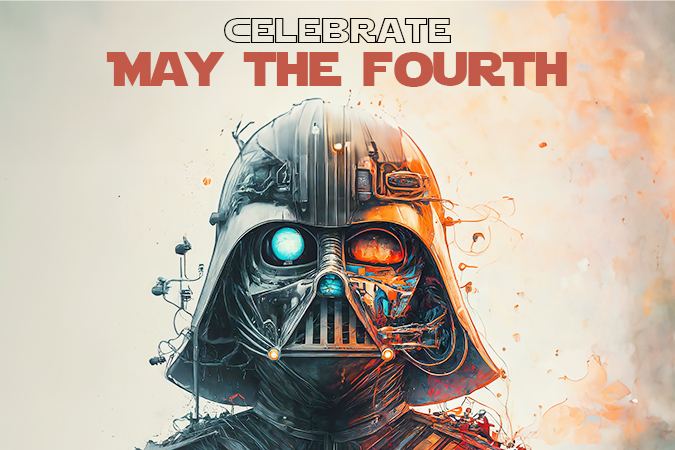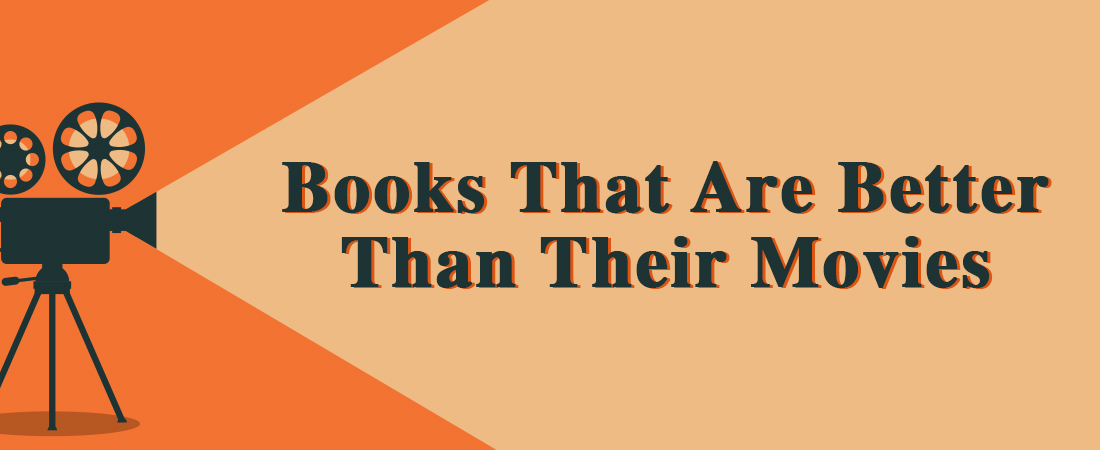
Some stories just don’t translate well to the big screen. Maybe it’s the characters’ inner monologues, the detailed world-building, or the emotional nuance that gets lost in adaptation. Whatever the reason, there are plenty of books that are better than movies—and we’ve picked 15 you should definitely read first (or instead!). These books offer a deeper, more immersive experience, proving once again that no film can quite match the magic of a good book.
Here’s our ultimate reading list — filled with heartbreak, humour, longing, and love. Great for beginners, casual readers, or anyone who enjoys stories where love finds a way — even if it takes a few detours.
Books That Are Better Than Movies
The story: A young FBI trainee, Clarice Starling, seeks the help of imprisoned cannibalistic genius Dr Hannibal Lecter to track a serial killer.
The movie gave us Anthony Hopkins’ iconic Hannibal, but the book delves deeper into Clarice Starling’s psychological journey and Hannibal Lecter’s unsettling genius. The chilling tension, internal conflict, and procedural detail in the novel make it a richer, more disturbing experience.
The story: Explores the obsessive and manipulative relationship between a middle-aged man and a young girl.
Nabokov’s controversial classic is infamous for its unreliable narrator and poetic prose. The film versions soften or sensationalise what is, at its core, a disturbing psychological portrait. The book’s dark brilliance lies in its layered narration—something no movie can quite replicate.
The story: A young widow receives a series of letters left by her late husband to help her move on after his death.
While the movie i aims for a romcom angle, the book paints a fuller picture of grief, healing, and the importance of friendship. Holly’s emotional evolution is more gradual and believable in the book, making it far more heartfelt than its Hollywood counterpart.
The Story: A woman witnesses something shocking from her train window and finds herself entangled in a missing person investigation.
The movie flattens the tension, but the book’s shifting narratives and unreliable characters build a twisty psychological puzzle that grips you till the final reveal. The inner turmoil of the protagonist is far more vivid and unsettling on the page, making the suspense more personal and intense. This one is a favourite on the lists of books that are better than movies.
The story: When a Louvre curator is murdered, symbologist Robert Langdon uncovers secrets about the Holy Grail buried in art and history.
Dan Brown’s puzzle-packed thriller is fast-paced and layered with symbology and history. The film couldn’t capture the intellectual thrill and intricate logic that made the book unputdownable. Plus, Tom Hanks’ hair? Unforgivable.
The story: An epic saga about a mafia family navigating power, loyalty, and revenge in post-war America.
Yes, the film is a masterpiece—but the book offers even more depth into the Corleone family, including subplots and backstories that never made it to the screen. It’s darker, richer, and more emotionally layered than the cinematic version.
The story: A story of friendship and betrayal between two boys growing up in Afghanistan, and one man’s lifelong quest for redemption.
The movie tugs at your heart, but the book is a full emotional rollercoaster. Amir’s guilt, betrayal, and redemption are far more nuanced on the page. The prose is haunting, poetic, and deeply human.
The story: A pig named Wilbur befriends a spider, Charlotte, who tries to save him from slaughter using her web-writing skills.
A classic tale of friendship and sacrifice, no adaptation captures the gentle beauty of White’s writing. The book speaks to themes of friendship, life, and loss with a tenderness that’s tough to recreate on screen.
The story: Percy Jackson, a modern-day demigod, discovers his powers and battles mythological monsters in a quest to prevent war among the gods.
Fans were famously disappointed by the film. The book bursts with personality, humour, and Greek mythology made fun and accessible. The movie missed the charm and heart that made the series so beloved.
The story: Falsely imprisoned, Edmond Dantès escapes and returns years later as a wealthy man seeking calculated revenge.
This epic tale of betrayal, revenge, and justice is nearly impossible to capture in a single film. The book spans years and layers of emotion, featuring complex relationships and moral dilemmas that demand to be savoured.
The story: An ordinary man is swept off Earth just before it’s destroyed and hitchhikes through space with an eccentric alien crew.
No adaptation can capture the absurd brilliance of Douglas Adams’ prose. The book’s satirical edge, wild imagination, and deadpan humour are unmatched. The movie missed the eccentric tone that makes this sci-fi cult classic what it is.
The story: Orphaned Mary Lennox discovers a hidden, neglected garden that transforms not just her life, but those of everyone around her.
A timeless story of healing and hope, the book goes deeper into Mary’s transformation and the emotional undercurrents of the garden’s magic. The films tend to oversimplify what is, in the book, a complex and moving journey.
The story: A tragic tale of love, wealth, and illusion in Jazz Age America, told through the eyes of outsider Nick Carraway.
Baz Luhrmann’s dazzling visuals were no match for Fitzgerald’s lyrical prose. The novel’s commentary on the American Dream, class, and longing is razor-sharp and deeply poetic—something no film has been able to match.
The story: A group of schoolboys stranded on a deserted island descend into savagery as civilisation collapses.
This dystopian descent into savagery is more unsettling and thought-provoking in the book. The psychological unraveling of the boys and the symbolic weight of the story are far more potent than any screen version has conveyed.
The story: Three orphaned siblings—Violet, Klaus, and Sunny Baudelaire—must outwit the villainous Count Olaf as he tries to steal their inheritance.
The movie and Netflix show get the tone right but miss the quirky brilliance of Snicket’s narration and wordplay. The books balance dark humour, clever inventions, and satire in a way that feels utterly original—and far more immersive than any adaptation.
Some stories are just meant to be read, not watched. Whether it’s the depth of characters, the inner monologues, or the complexity of the plot, these books that are better than movies prove that the written word still reigns supreme. So if you’ve only watched the film—go read the book. You won’t regret it.

